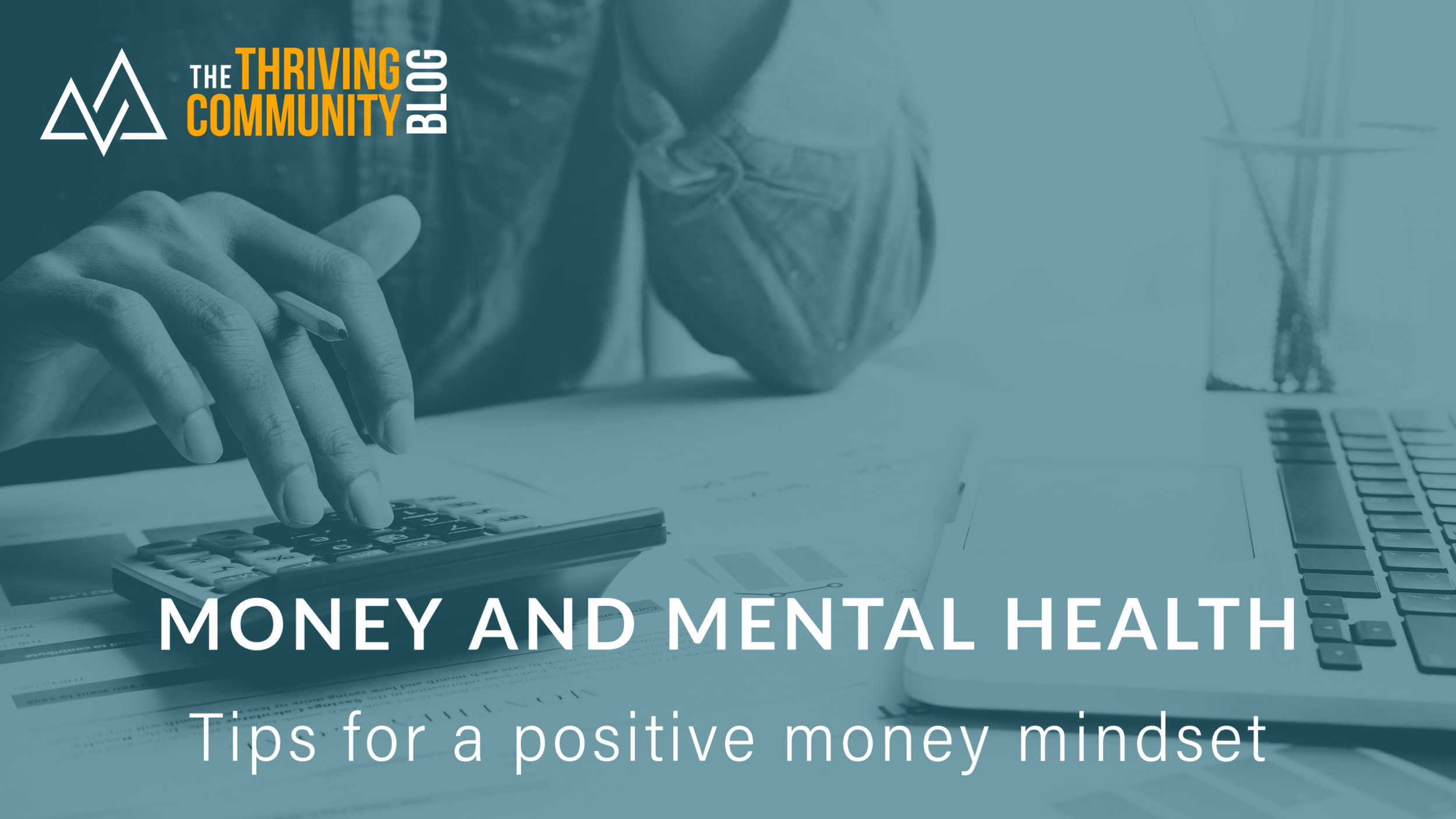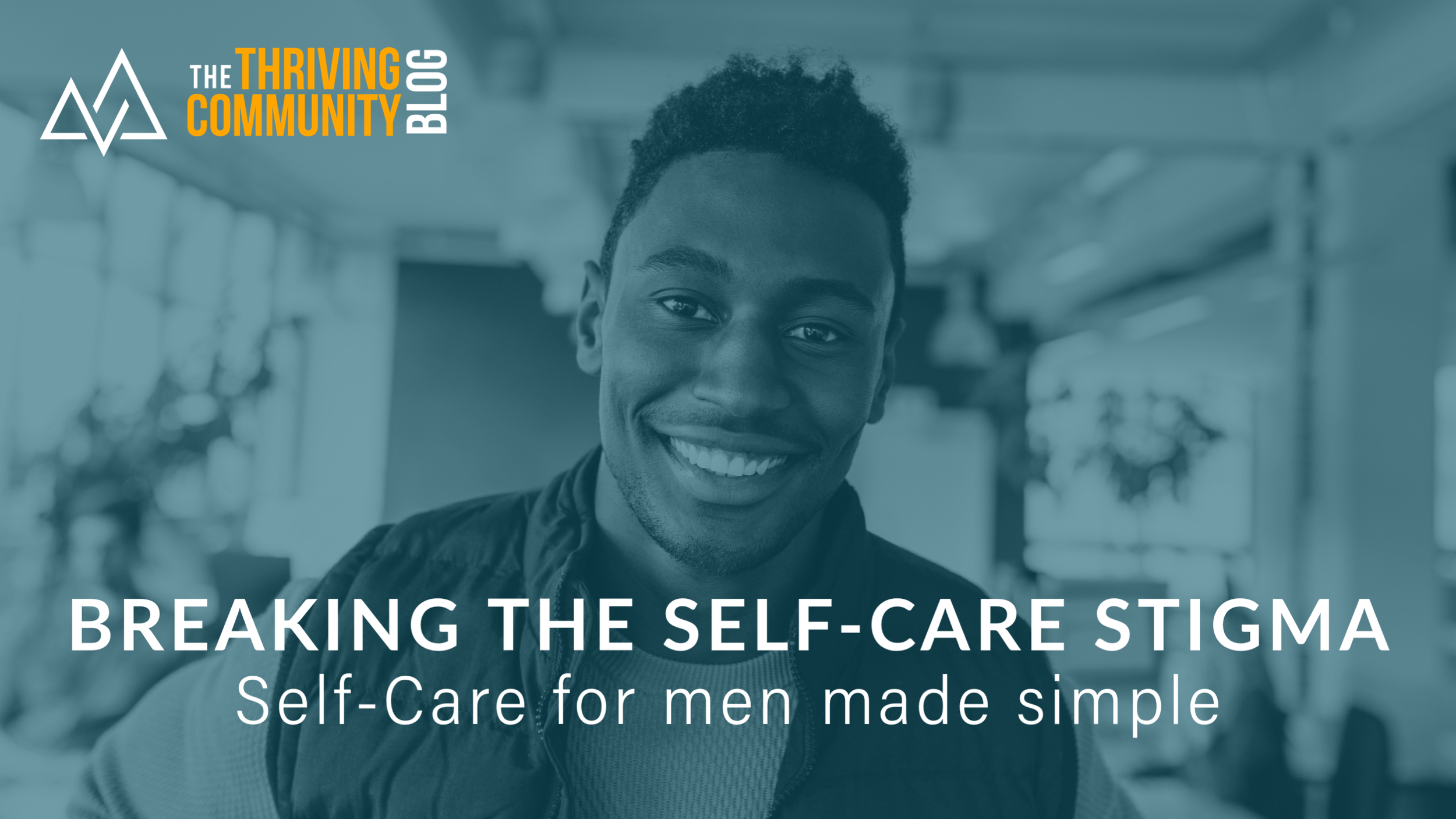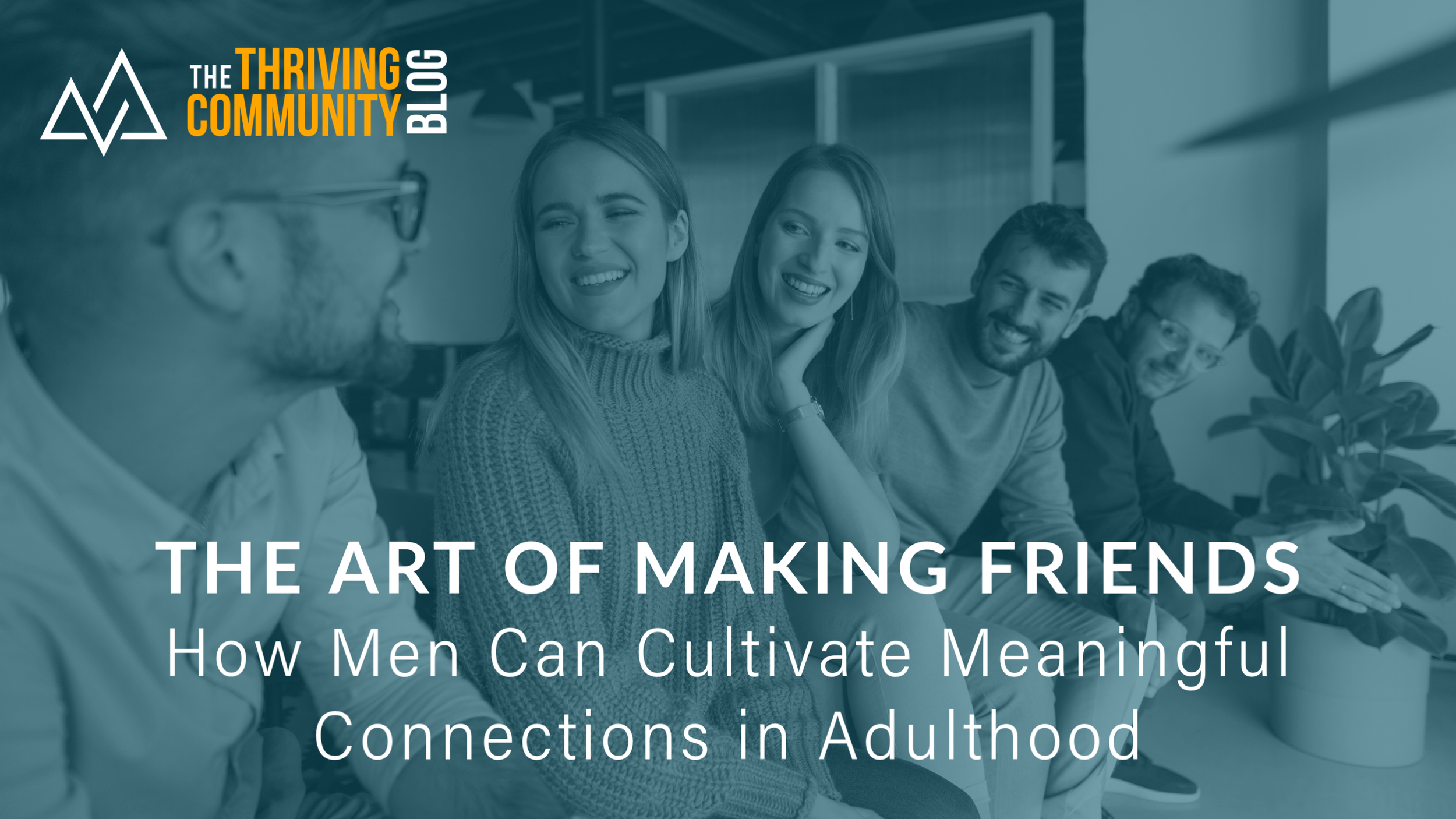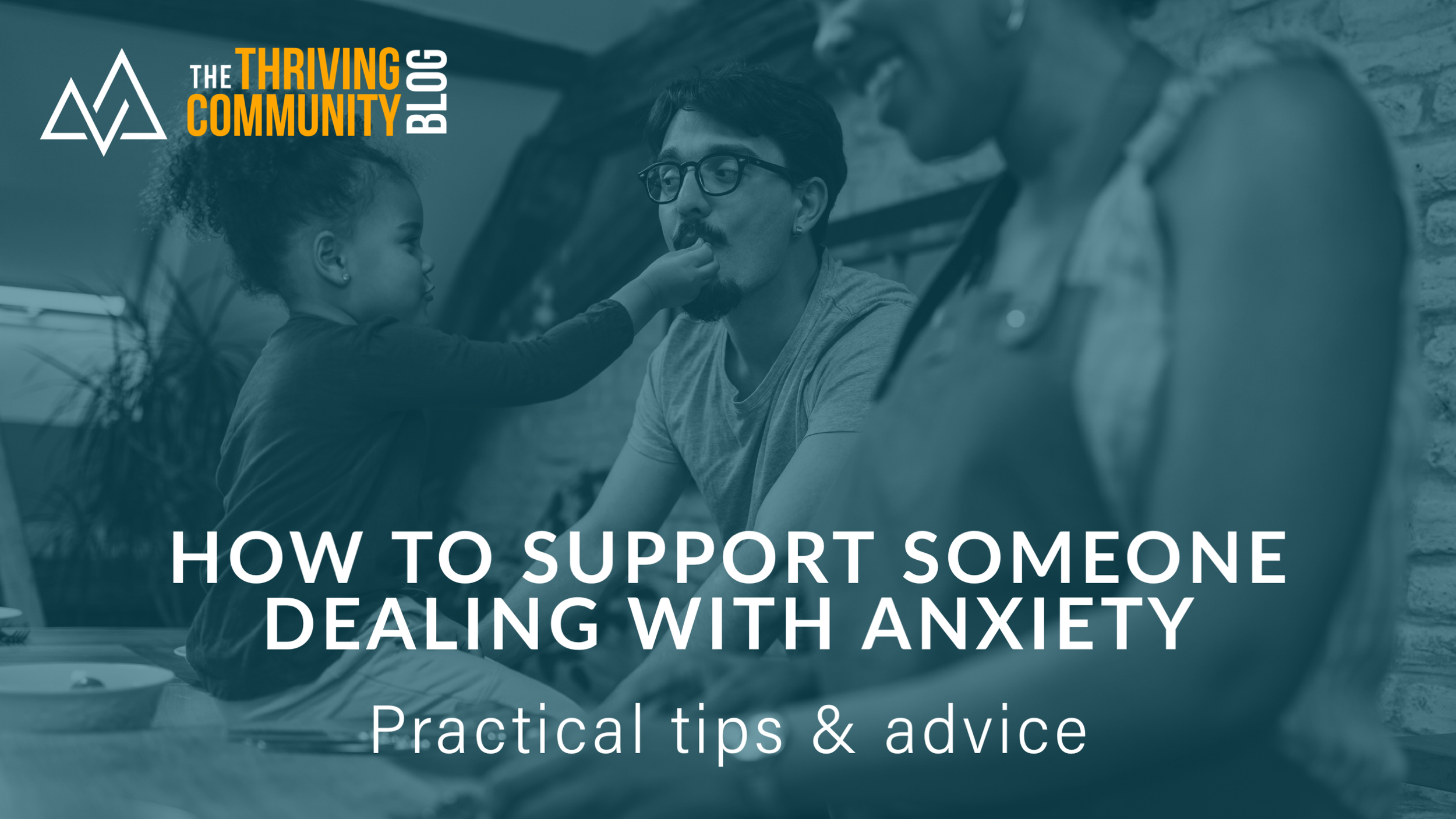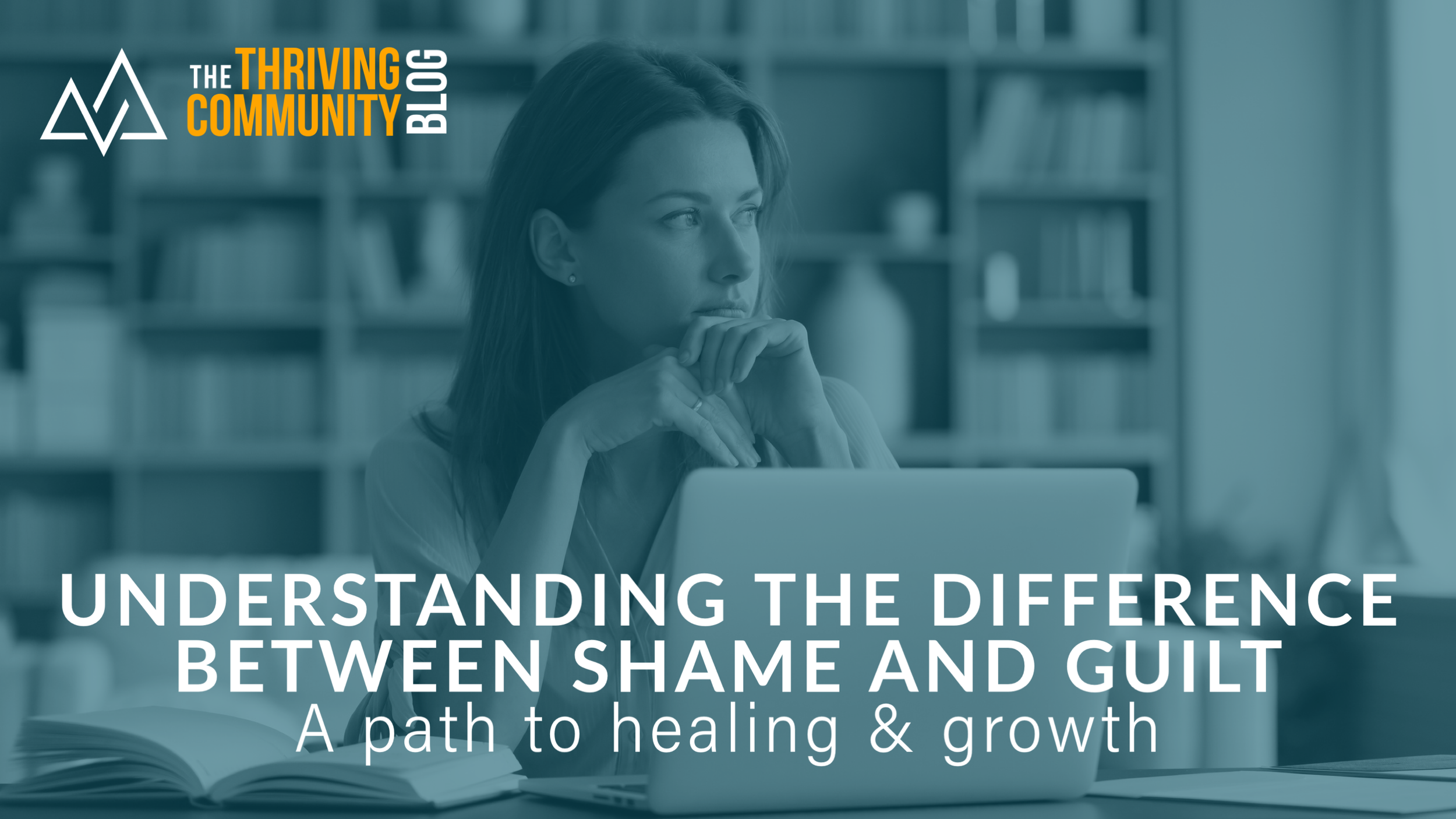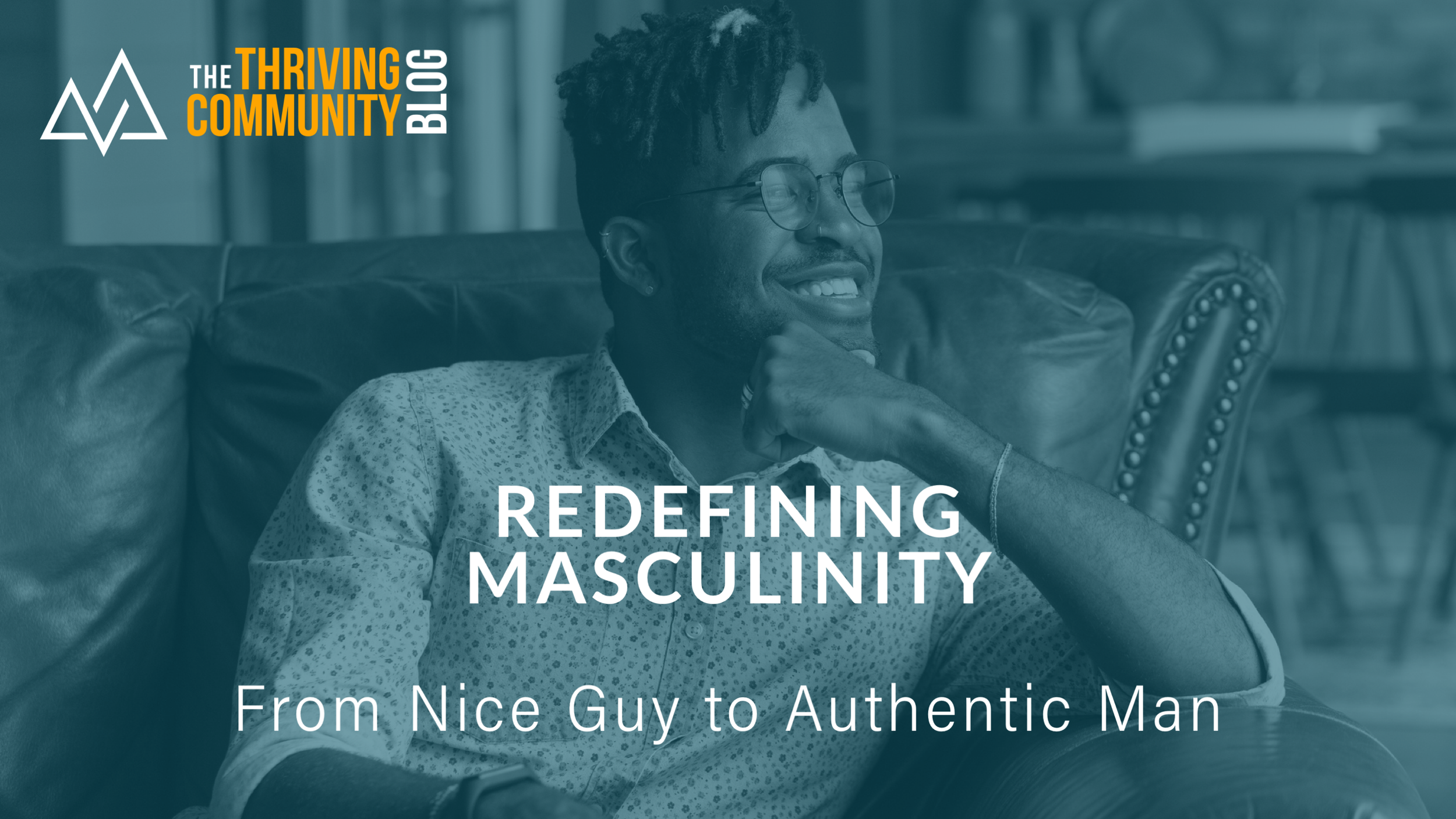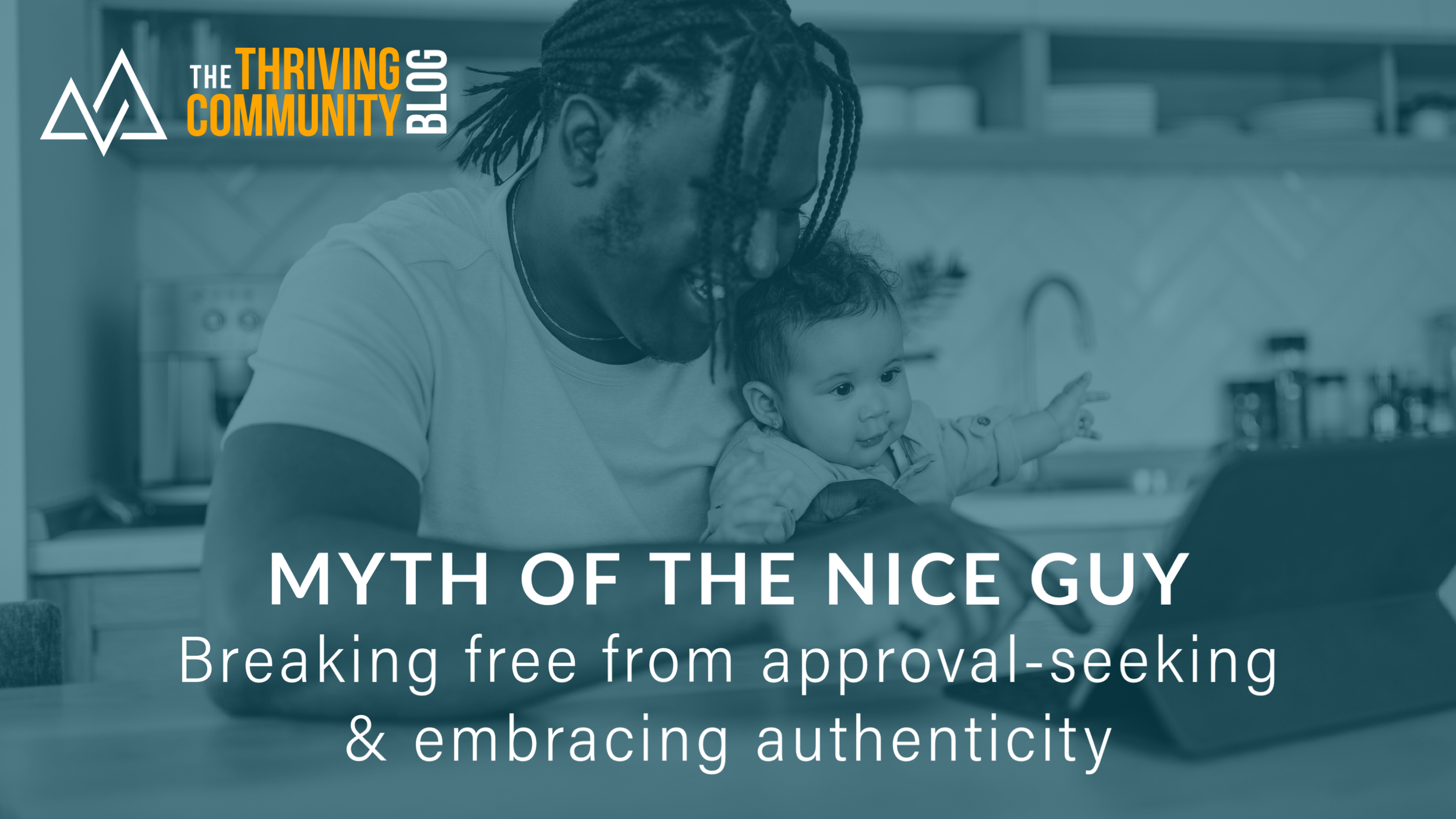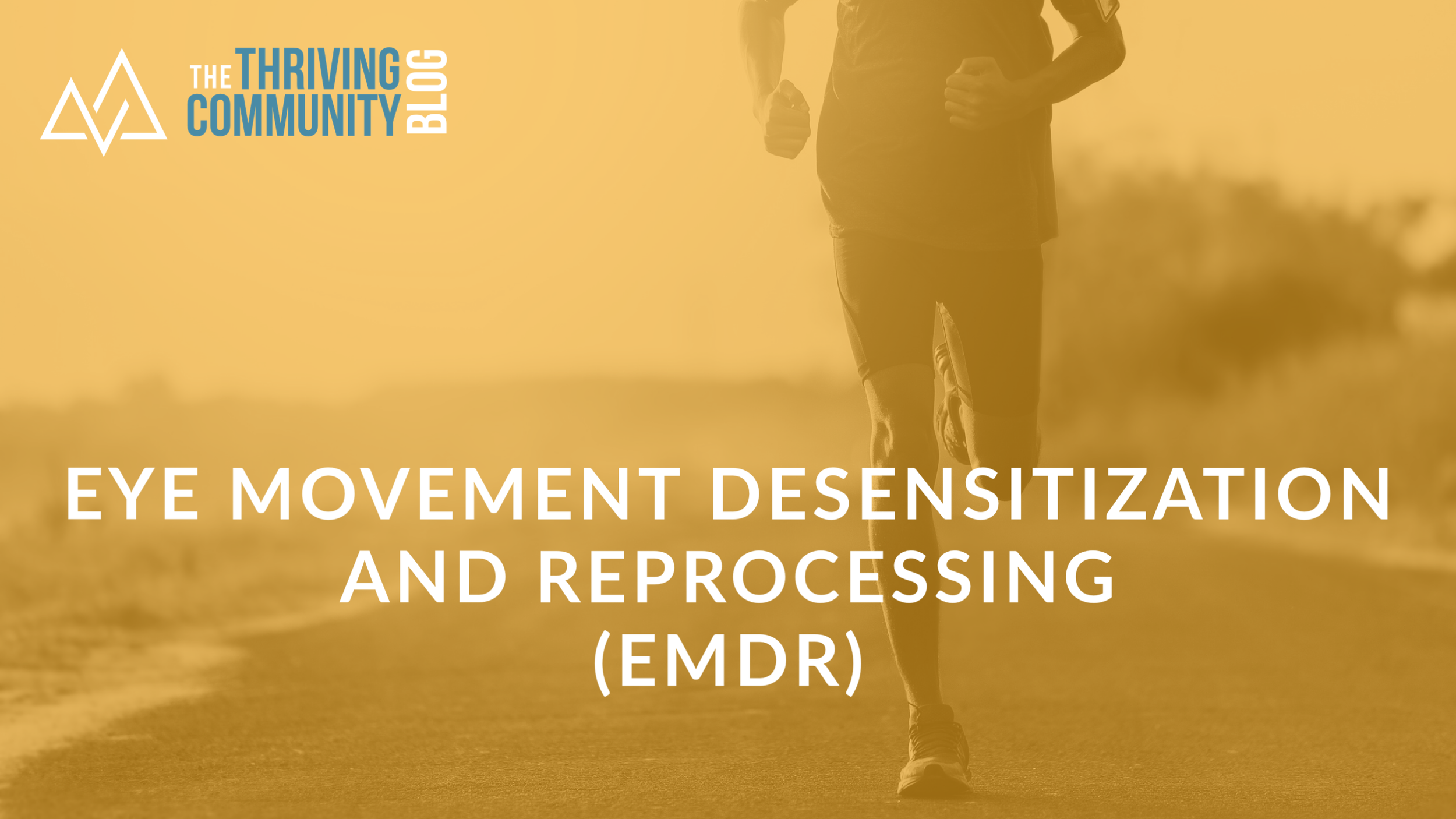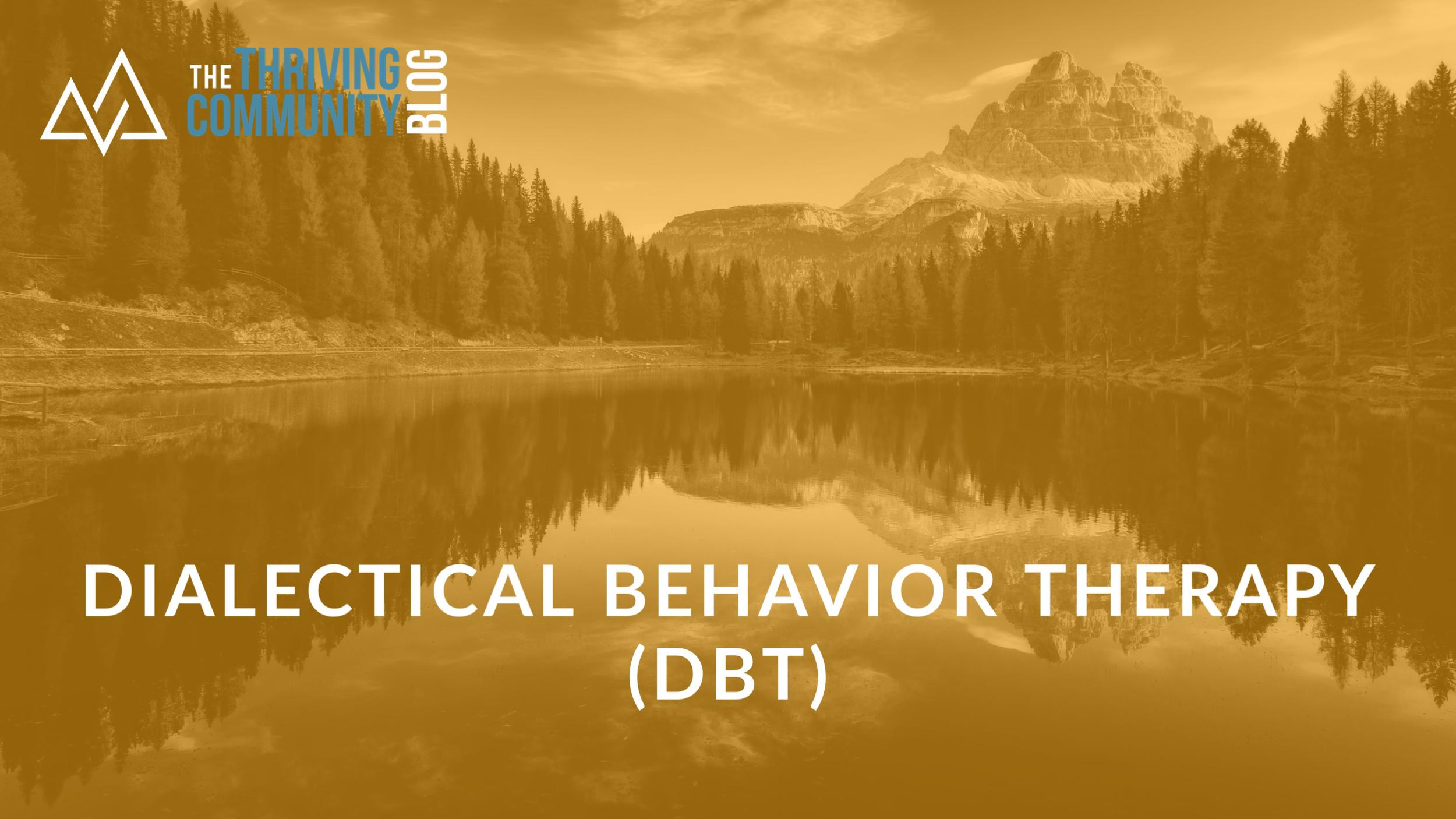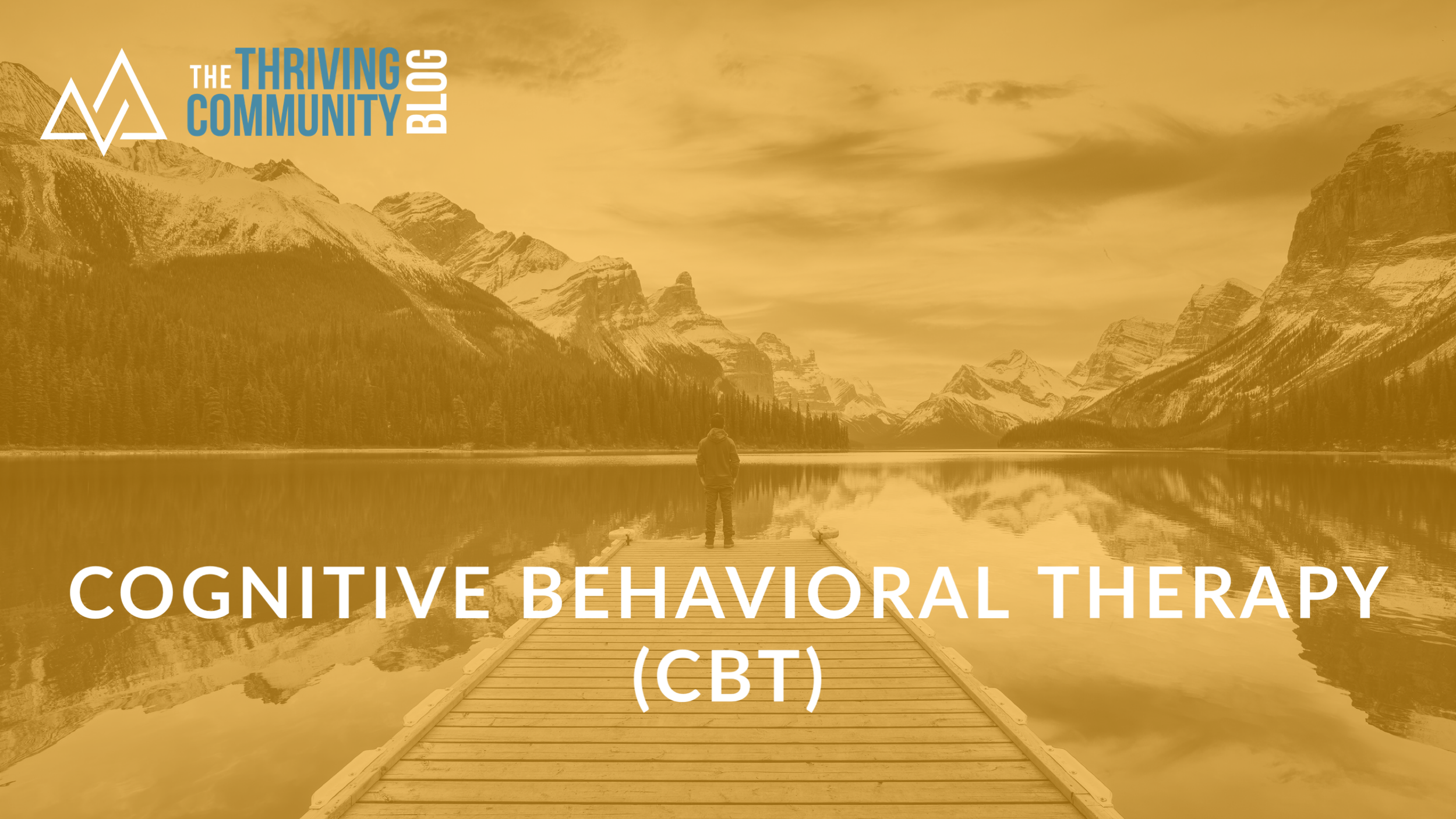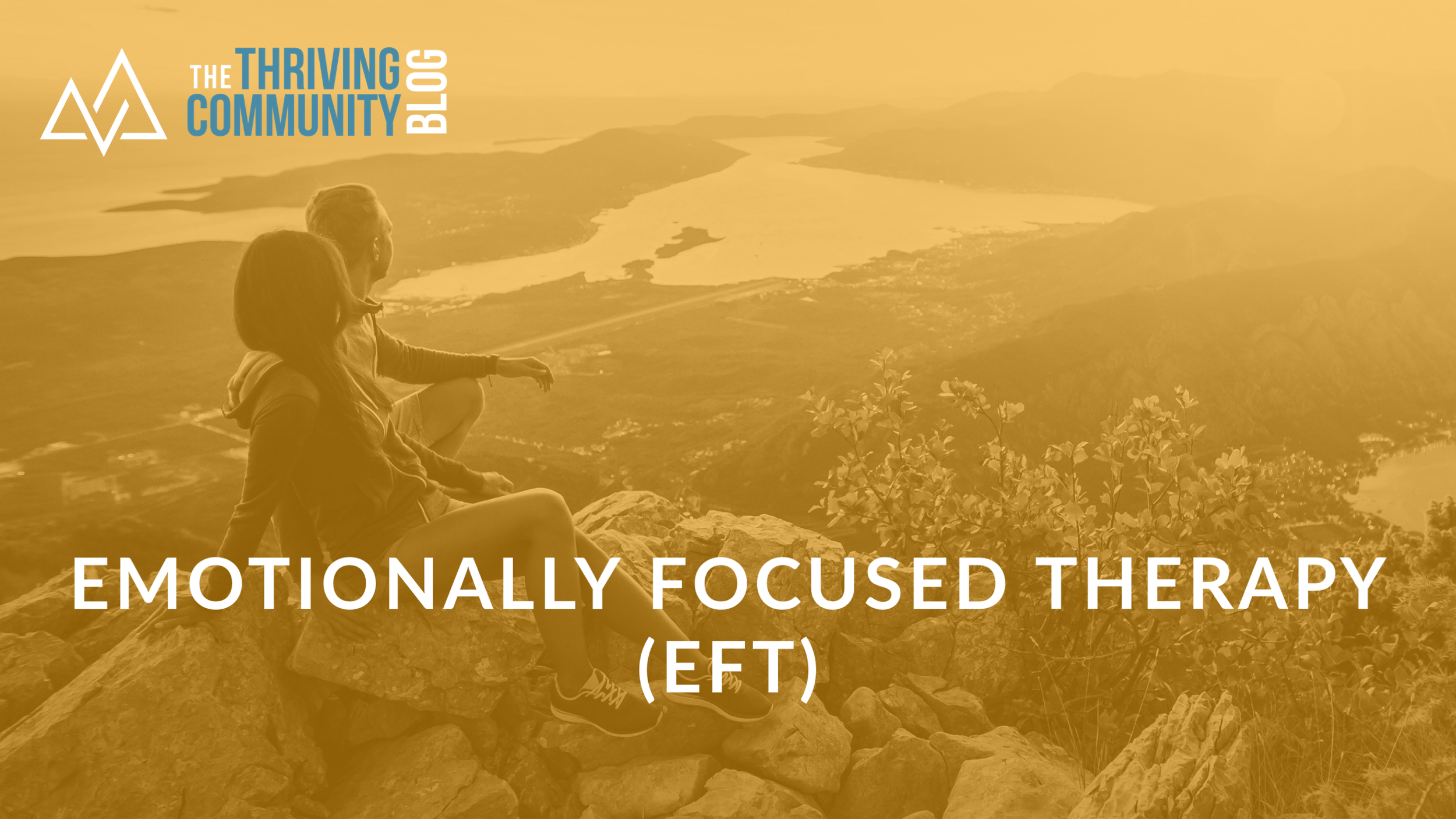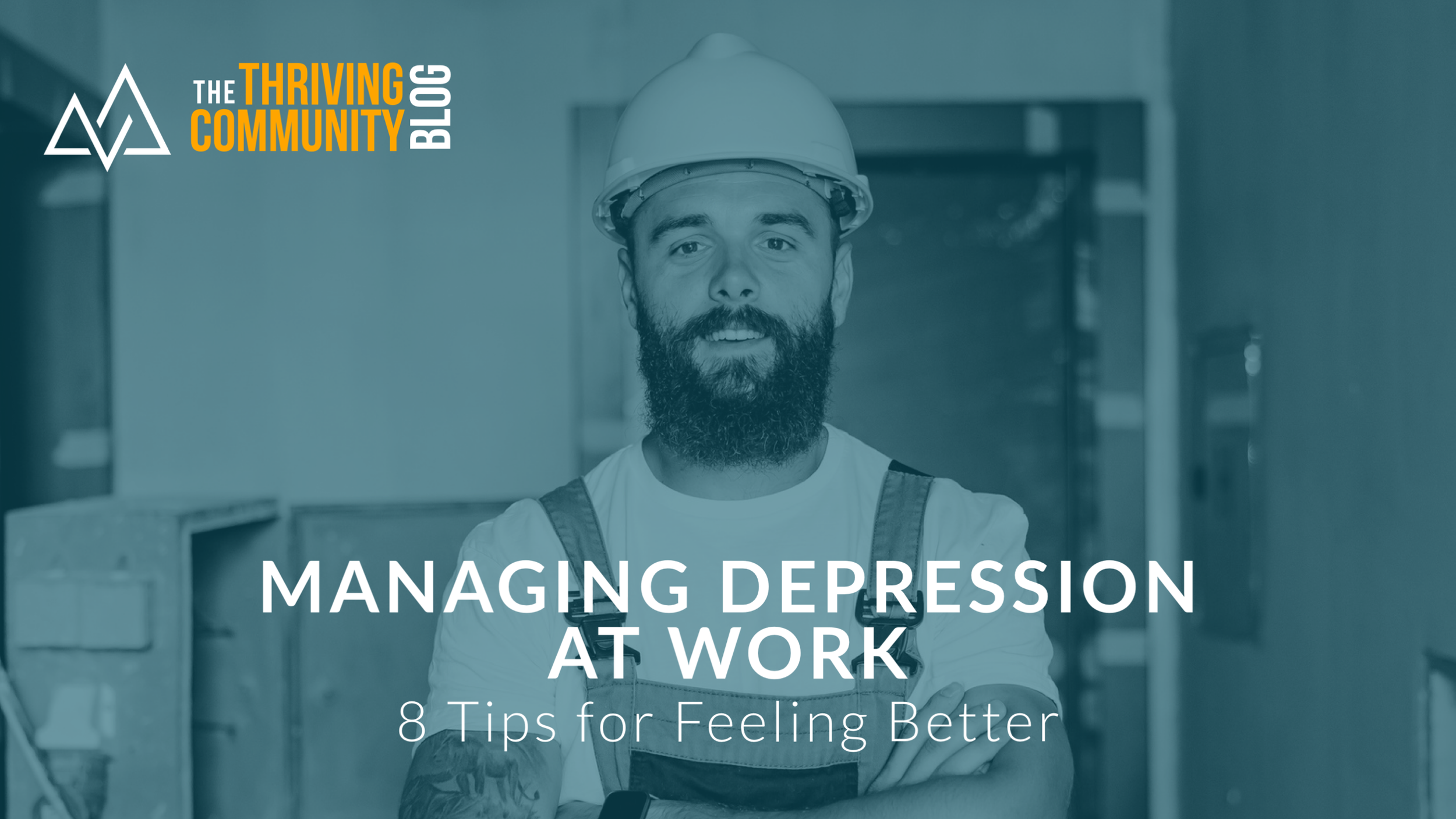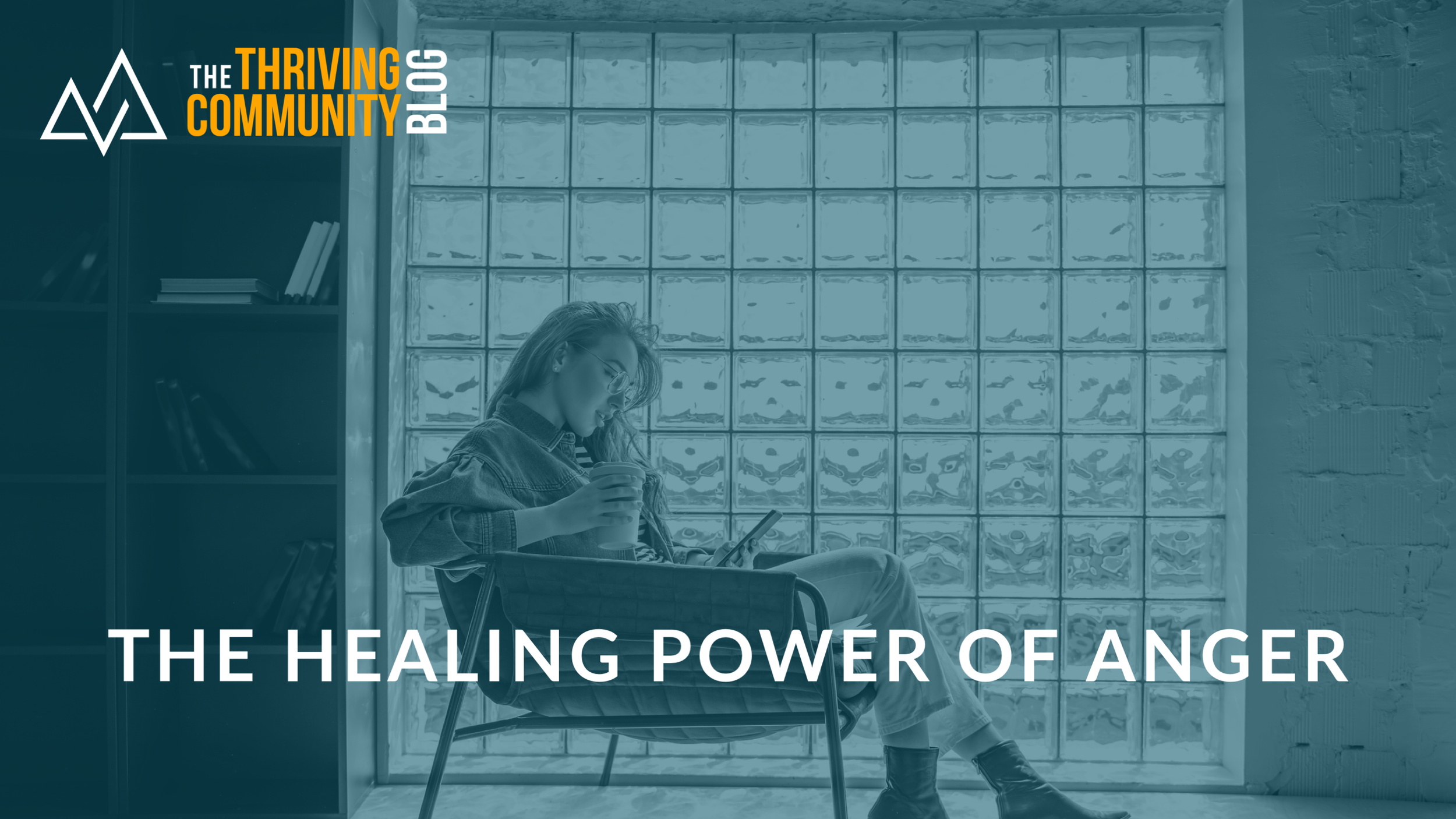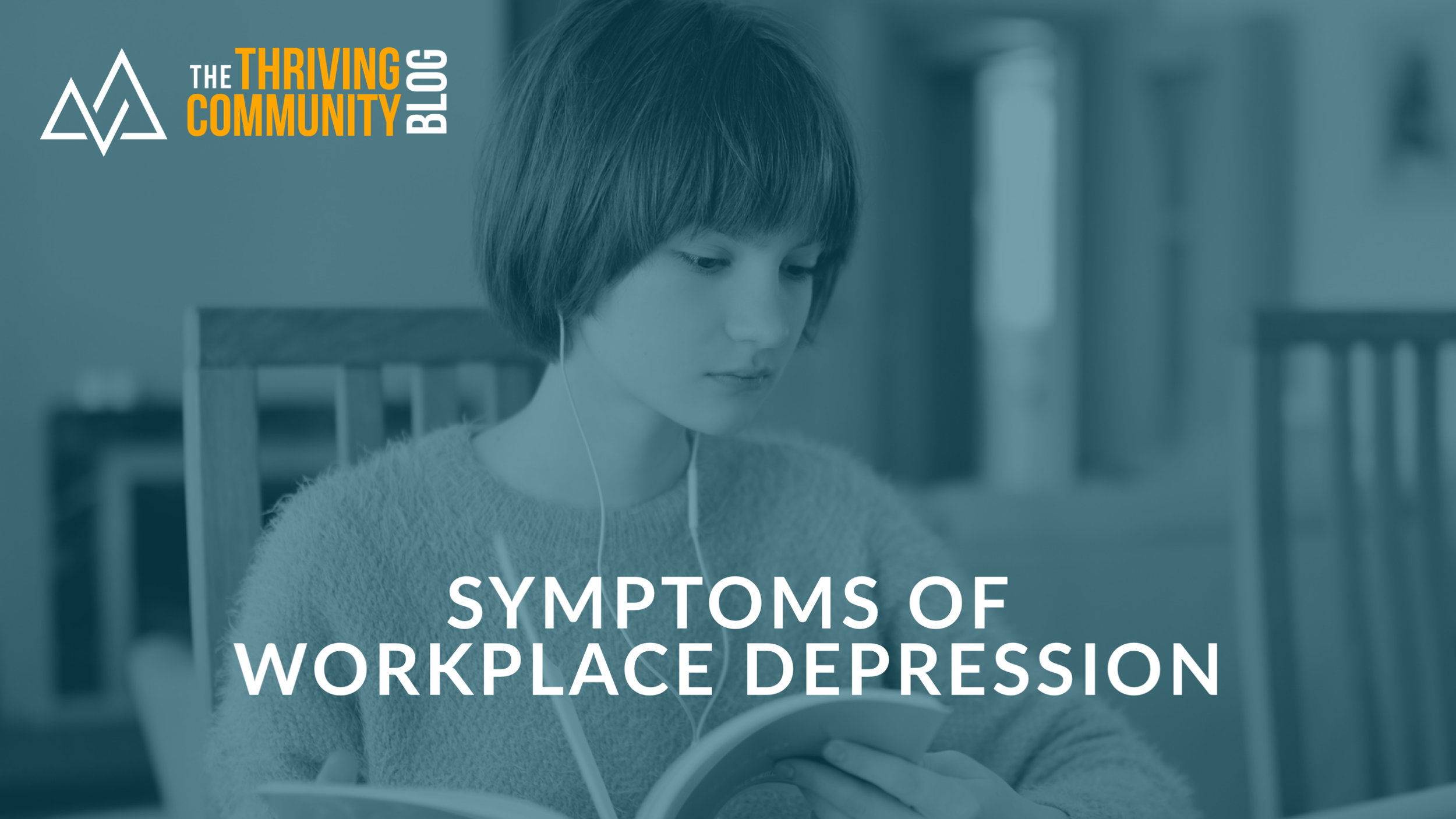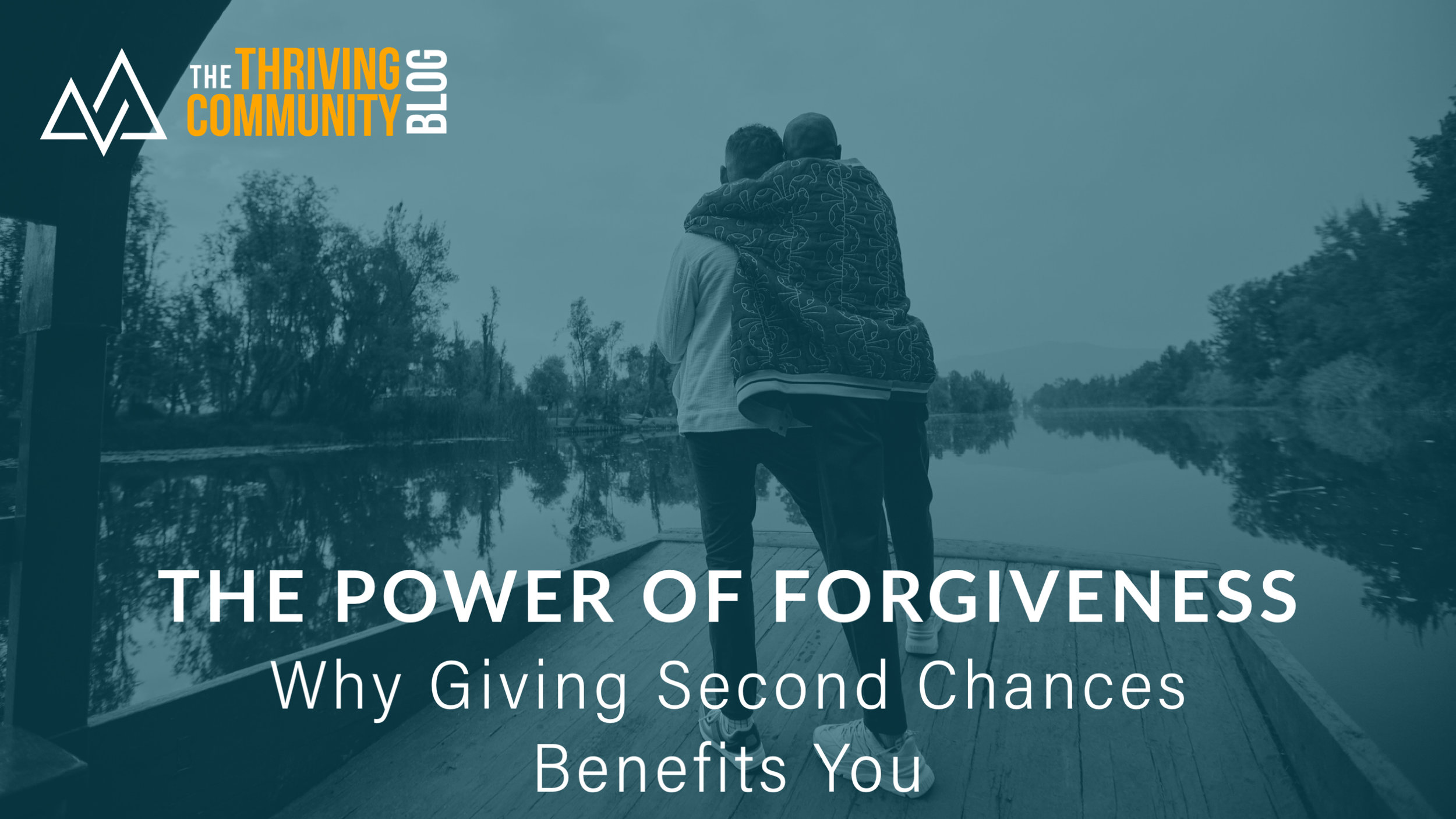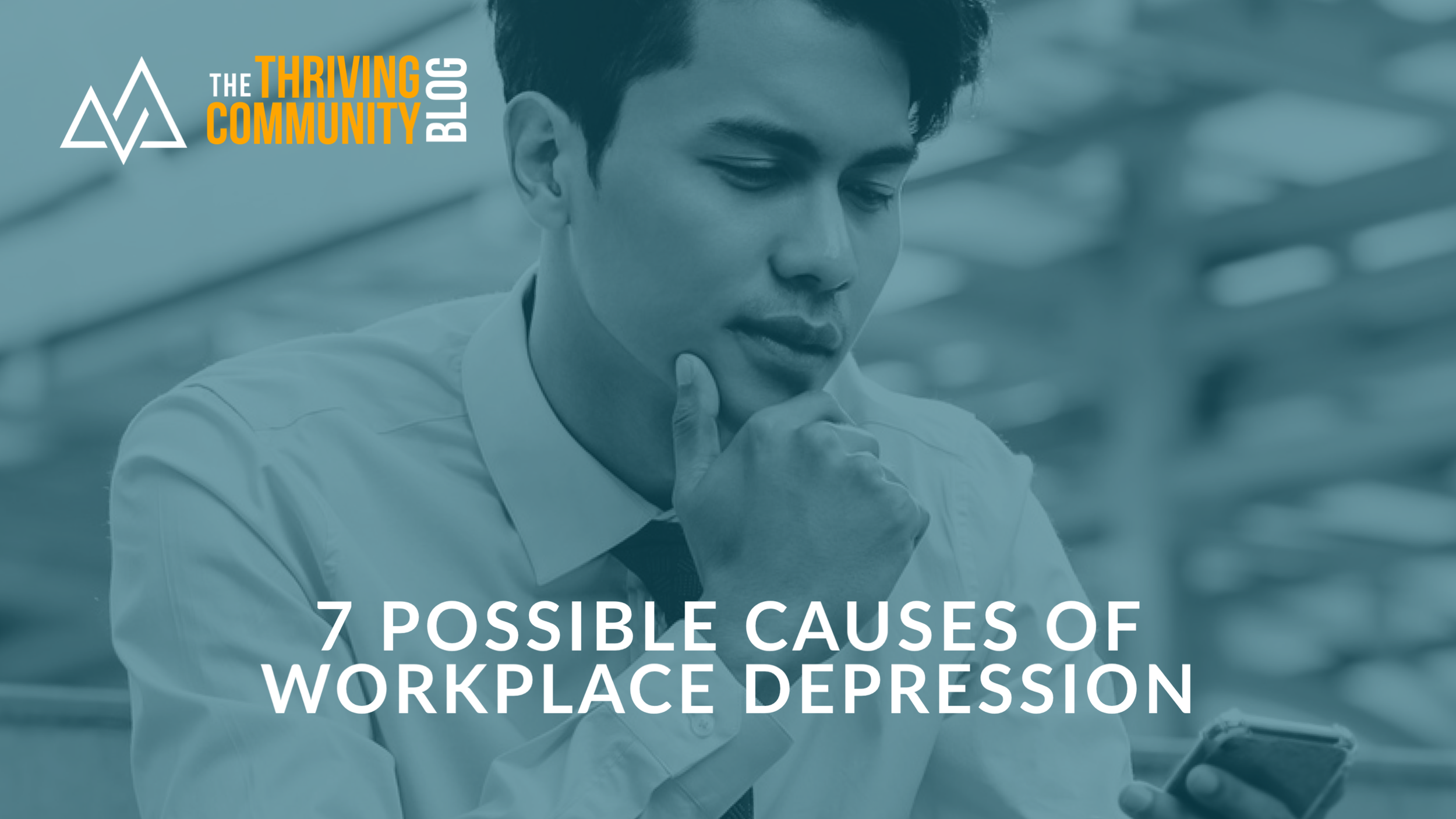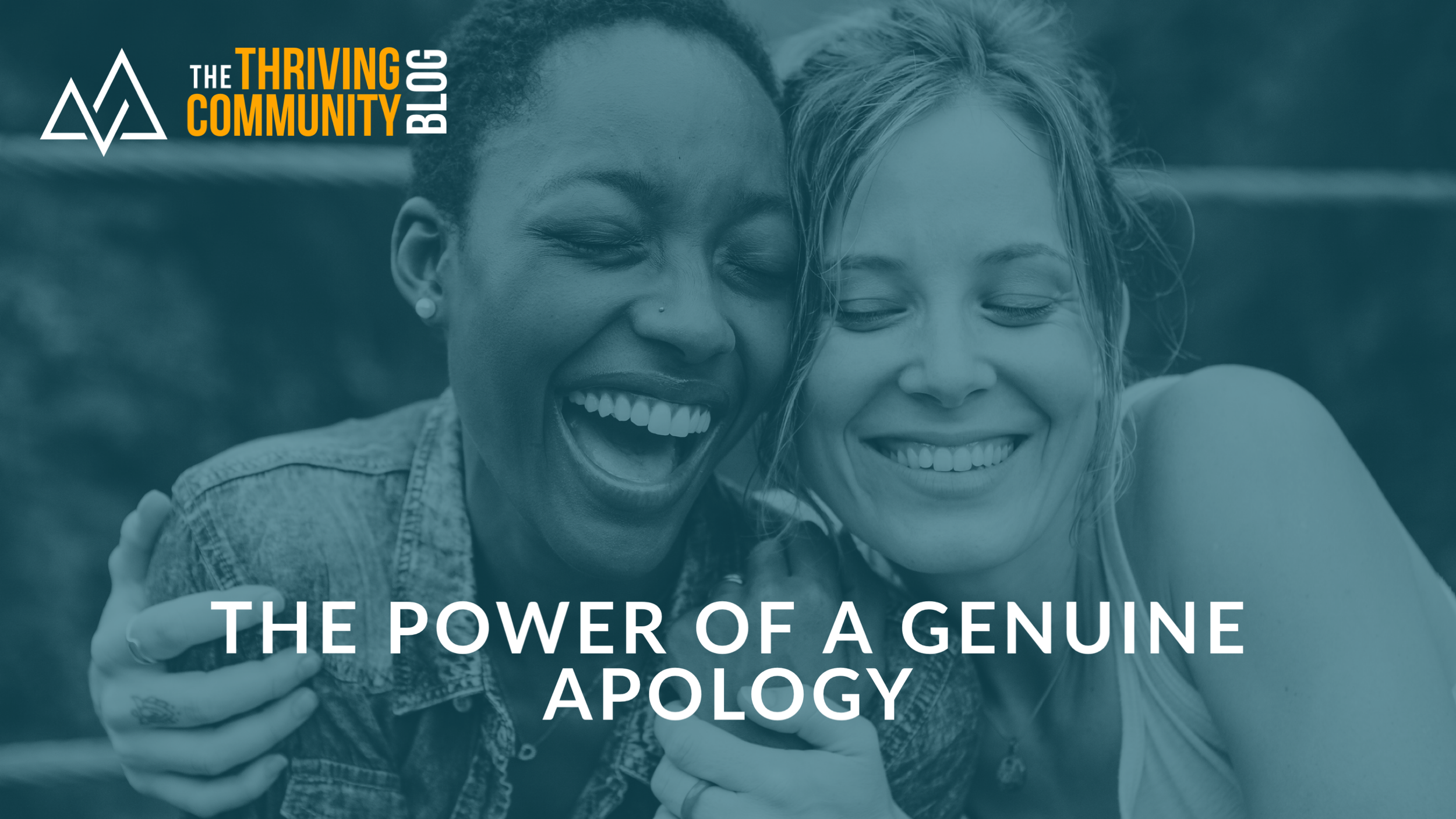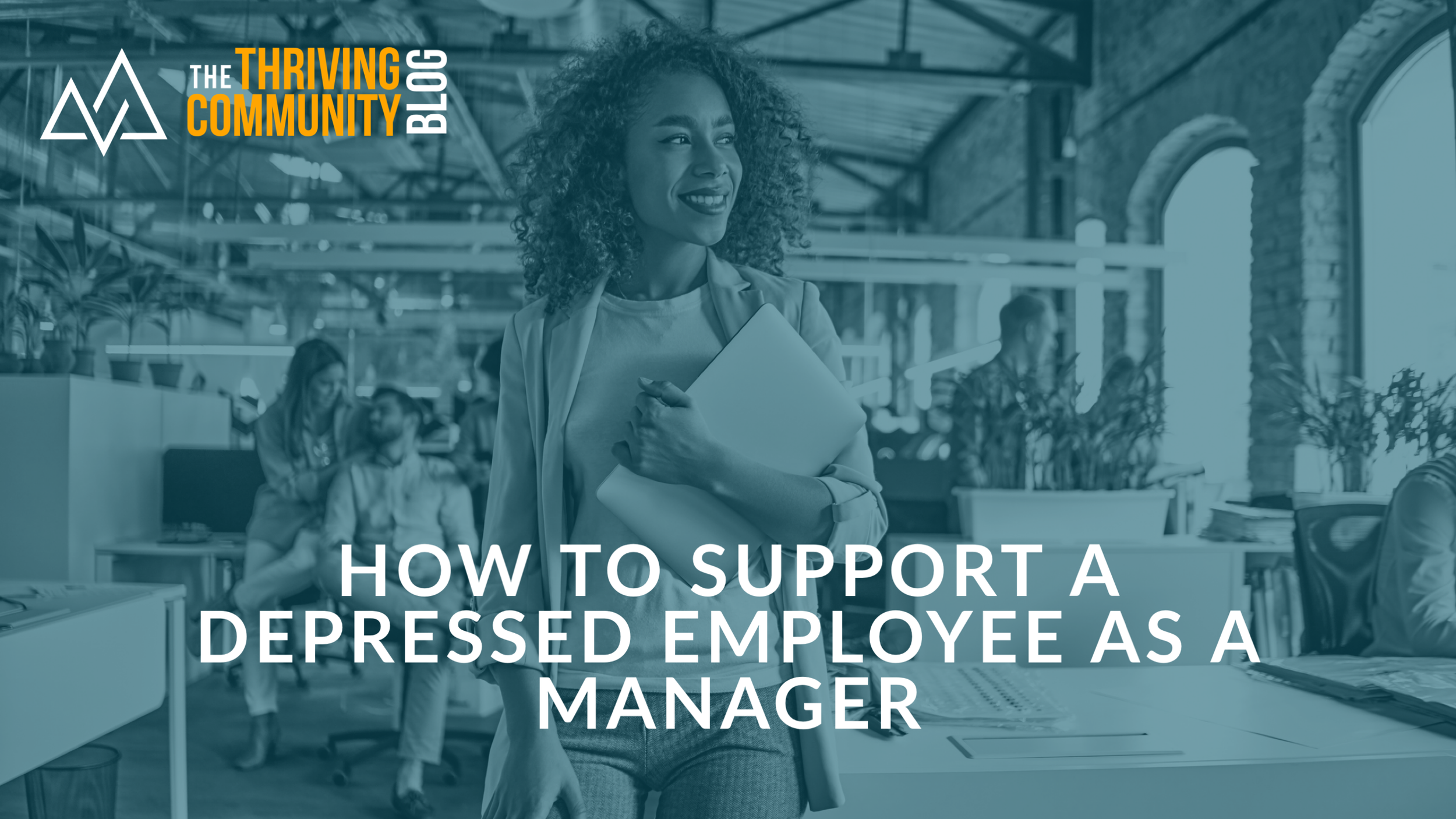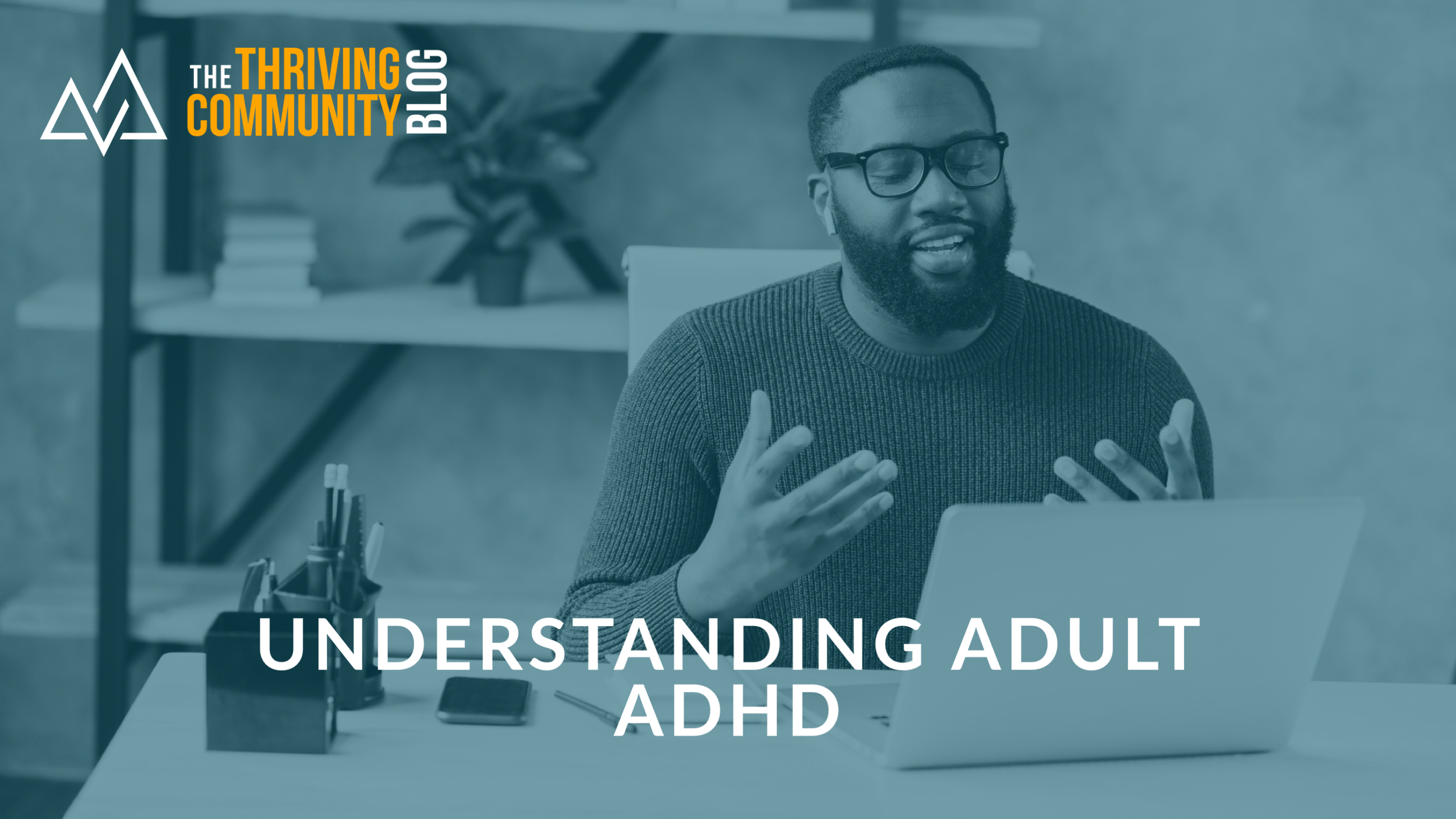
the Thriving Community
Money and Mental Health: Tips for a Positive Money Mindset
Money isn't just about paying bills or buying stuff—it affects every single part of our lives, from our relationships to our mental health. And let's face it, with everything happening in the world right now, it's no wonder many of us are feeling the pinch and stressing out about our finances. Who hasn't had a sleepless night or two worrying about money? But here's the thing: research has shown that dealing with rising prices and financial woes can seriously mess with our mental well-being. And we're not just talking about a bit of stress here and there; we're talking about a significant, whopping impact on millions worldwide. It's not all doom and gloom! The good news is that you have the power to change your relationship with money and turn things around for the better. In this blog, we're diving deep into expert advice and practical tips to help you kick those money worries to the curb and finally achieve the financial well-being you deserve. So, buckle up and get ready to transform your money mindset!
Breaking the Stigma: Self-Care for Men Made Simple
Self-care is a term thrown around a lot these days, but what does it mean? It's not just about pampering yourself with a spa day or treating yourself to a fancy dinner (though those things are nice, too!). Self-care is about taking care of yourself in every aspect of your life: socially, physically, emotionally, intellectually, and spiritually. It's like giving yourself a big ol' hug from the inside out! And let's be honest, it's not always easy—especially for men. There's this weird stigma around self-care like it's something only women do or that it's somehow selfish. But here's the thing: men need self-care just as much as anyone else, if not more. They face unique challenges and are often more susceptible to certain health risks. So, guys, it's time to break the stigma and embrace self-care like the bosses you are!
Speaking the Language of Love
It can be challenging to navigate relationships, as we all have unique ways of expressing ourselves. Misunderstandings and crossed wires often arise when our expressions of love don't align with the expectations of others. However, understanding and embracing the five love languages developed by Dr. Gary Chapman can significantly improve communication and strengthen our relationships. While not strictly scientific, love languages are valuable for enhancing understanding and connection between individuals.
The Art of Making Friends: How Men Can Cultivate Meaningful Connections in Adulthood
In today's fast-paced world, having a solid support network of friends is more important than ever for our overall well-being. However, it's common for many men to feel lonely and struggle to establish meaningful connections as they age. Research has highlighted that men, mainly as they grow older, often struggle to form new friendships. But here's the thing: with a bit of effort and a willingness to step outside our comfort zones, it's possible to nurture new friendships and tackle those feelings of isolation head-on. In this article, we're diving deep into practical strategies tailored explicitly for making friends after your 20s. We'll spotlight the significance of genuine connection, the power of shared interests, and actionable steps you can take to expand your social circle and enrich your life with meaningful relationships. So, if you're ready to break free from the isolation and build genuine connections, you're in the right place!
How to Support Someone Dealing with Anxiety: Practical Tips and Advice
Anxiety, you know, it's like this big, heavy cloud that hangs over millions of people worldwide. It's tough, no doubt about it. But hey, if someone you care about is caught up in that anxiety whirlwind, showing up for them can make a world of difference. Now, let's get one thing straight: you don't have to be their superhero with all the answers. That's not what they need from you. What they need is your support, your presence, your understanding. So, here are seven straightforward ways you can be there for someone dealing with anxiety.
Understanding the Difference Between Shame and Guilt: A Path to Healing and Growth
Shame and guilt – these two emotions can pack quite a punch, don't they? We've all been tangled up in a mess of inner turmoil and self-doubt. But here's the thing: even though they often get mixed up, shame and guilt are like two separate ingredients in the emotional soup of life. Understanding their differences is critical to untangling that mess and finding your way through it. So, let's roll up our sleeves and dive right in! In this article, we will break down shame and guilt, unpack how they affect us, and explore how embracing these emotions can be a game-changer for our personal growth and healing. Ready? Let's get started.
Redefining Masculinity: From Nice Guy to Authentic Man
Today, we're diving headfirst into the intriguing world of Nice Guy Syndrome (NGS) and uncovering the secrets to breaking free from its limitations. Buckle up as we navigate the characteristics of NGS, from its subtle nuances to its profound impact on personal relationships. But that's not all – we'll also dive deep into personal recovery experiences, sharing real-life stories of individuals who have triumphed over NGS and emerged more robust and authentic than ever. And finally, we'll unveil the attributes of an Authentic Man, guiding you toward a path of genuine self-expression and empowerment. So grab a seat and embark on this transformative journey together!
The Myth of the Nice Guy: Breaking Free from Approval-Seeking and Embracing Authenticity
In a world where societal expectations and stereotypes often dictate our behavior, a breed of men is known as the "Nice Guys." Coined from the amazing work by Dr. Robert Glover, these individuals have been conditioned to prioritize the approval of others above all else. They strive to maintain a pleasing image, always aiming to do things "right" and make everyone around them happy. But behind this façade of pleasantness lies a complex web of self-denial and constant fear of conflict.
Eye Movement Desensitization and Reprocessing (EMDR)
EMDR, or Eye Movement Desensitization and Reprocessing, is a psychotherapy technique that helps relieve the distress associated with disturbing memories. This therapy involves recalling a specific troublesome experience while following a side-to-side visual stimulus delivered by the therapist, with the resulting lateral eye movements thought to help reduce the emotional charge of the memory. Despite evidence that EMDR works for some clients, it has been highly controversial since it was introduced in 1987, with no universally accepted theory to explain its mechanism of action.
Dialectical Behavior Therapy (DBT)
Dialectical behavior therapy (DBT) is a structured program of psychotherapy aimed at teaching skills to manage intense emotions and improve social relationships. Initially designed to curb self-destructive impulses, it has found use in treating various mental health conditions such as borderline personality disorder, post-traumatic stress disorder, substance use disorder, anxiety, depression, and bipolar disorder. DBT consists of weekly group instruction meetings and individual therapy sessions for six months to a year. The therapy focuses on four key areas: mindfulness, distress tolerance, emotion regulation, and interpersonal effectiveness.
Cognitive Behavioral Therapy (CBT)
Cognitive Behavioral Therapy (CBT) is a form of psychotherapy that aims to help clients overcome present-day challenges, such as anxiety, depression, stress, anger, and relationship problems. Developed by Aaron Beck in the 1960s, CBT focuses on helping individuals identify and challenge maladaptive thought patterns to change their responses to difficult situations. It is a short-term and goal-oriented approach that can occur over 5 to 20 weekly sessions, usually around 50 minutes each.
Emotionally Focused Therapy (EFT)
Emotionally Focused Therapy (EFT) is a short-term therapy that aims to improve couple relationships by rekindling the physical and emotional bond that may have been lost. The therapy is based on research supporting attachment theory and considers the security of partner connection as the best way to initiate change in a dysfunctional relationship. EFT believes in the transformative power of love and focuses on restoring emotional ties, enabling partners to construct a mutually supportive and satisfying relationship.
Managing Depression at Work: 8 Tips for Feeling Better
Depression can be a debilitating condition that can make even the simplest tasks overwhelming. When you're struggling with depression, going to work can seem insurmountable. But you can take steps to manage your symptoms and feel better. Here are eight tips for managing depression at work.
The Healing Power of Anger
Forgiveness is often touted as the only way to heal from past hurts, but forgiving too soon can be harmful. Here are six reasons why you shouldn't forgive yet:
Symptoms of Workplace Depression
Depression is a common mental health condition that can affect anyone, regardless of age, gender, or profession. It can be particularly challenging when you're struggling with depression at work, where you spend most of your day. Symptoms of depression can vary from person to person, but some signs are specific to the workplace.
The Power of Forgiveness: Why Giving Second Chances Benefits You
Forgiveness is a term that we often use in our conversations, but it has various interpretations and sentiments. However, it is a complex concept which is not always well understood. By exploring its multifaceted nature and correcting the common misunderstandings, we can start to understand the deep importance it has in our lives.
7 Possible Causes of Workplace Depression
Depression can affect anyone at any time, and it can be especially difficult to deal with when it interferes with work. Like other mental health conditions, several factors can contribute to work depression. In this blog, we’ll explore some of the common causes of work depression and how to address them.
The Power of a Genuine Apology
Apologizing to loved ones can be difficult and crafting a heartfelt apology that leads to forgiveness can be a challenge. I have personally struggled with this issue, but seeking expert guidance and reflecting on my experiences has given me valuable insights and strategies for making better apologies. In this article, I will share seven actionable steps that can assist you in sincerely and effectively apologizing to your loved ones. This will ultimately pave the way for healing, understanding, and reconciliation within your relationships.
How To Support A Depressed Employee As A Manager
Depression can be a debilitating condition that affects many people, including employees in the workplace. As a manager or supervisor, it’s important to recognize the signs of work depression and take steps to help your employees. Here are a few ways you can support a depressed employee:
Understanding the Evolutionary Purpose of Negative Self-Talk
Negative self-talk can be overwhelming, persistent, and disruptive. It can disrupt our relationships, our ability to focus, and even our sleep. Many of us are familiar with the voice criticizing us and making us feel unworthy. This voice is often associated with the default mode network in our brain, which serves an evolutionary purpose by keeping us in line with clan norms.

